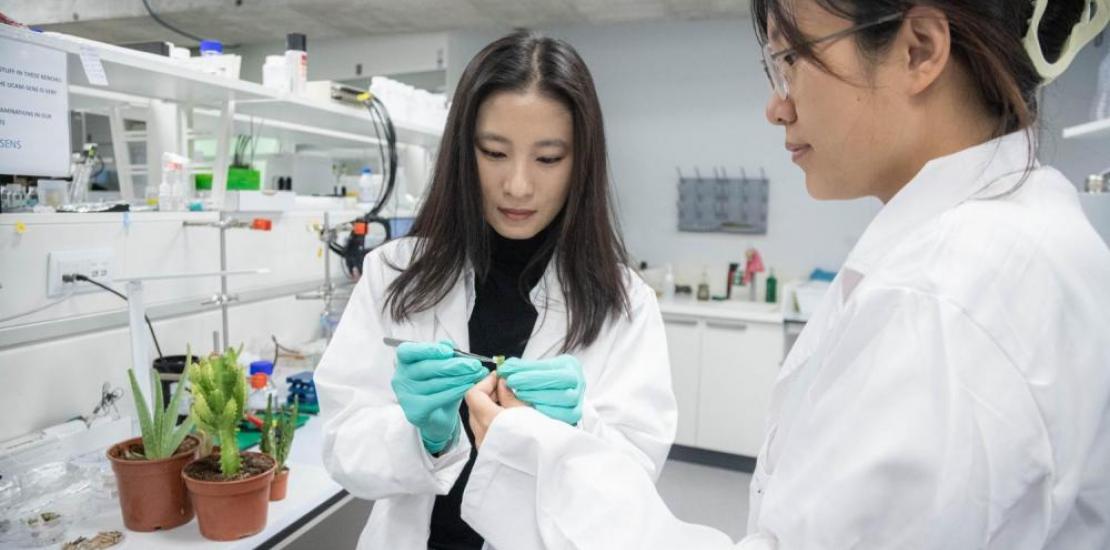UCAM, second private university in Spain in interdisciplinary research
The Interdisciplinary Science Rankings 2025, compiled by Times Higher Education in association with Schmidt Science Fellows, places UCAM among the top 500 in the world, as well as 4th among all Spanish universities in terms of resources allocated to research.
A few weeks ago, the Universidad Católica de Murcia announced in the Opening Ceremony of the 2024-25 academic year that during its 28 years of history UCAM has invested more than 250 million euros in research. This involvement has led it to become a benchmark in this field, as the Interdisciplinary Science Rankings (ISR) 2025, compiled by Times Higher Education in association with Schmidt Science Fellows, has just reported. In its global calculation, it is the second private university in Spain in research, after the Universidad de Navarra, as well as being the only one in the Region of Murcia to be included in it, ranking 401-500 at international level.
The ranking, in which a total of 1023 universities worldwide (17 of them Spanish) have been classified, is the first to measure the contribution and commitment of universities to interdisciplinary science to address global challenges.
One of the items where UCAM is best valued is for the ‘Resources allocated to interdisciplinary research (Inputs)’, ranking fourth nationally, ahead of several recognised universities. This includes the financial and human resources UCAM has at its disposal for the development of its projects, which makes its academic and social impact prosper.
The Interdisciplinary Science Rankings 2025 also evaluates how universities support and promote this research, an aspect in which UCAM presents good results, aligning itself with others such as the Universidad Autónoma de Barcelona.
These results ratify what has already been recognised nationally and internationally by other rankings, both by the Times Higher Education itself and CYD, which highlights the important role of UCAM in the field of knowledge transfer and its growth in research, a reflection of the efforts made by the institution, excelling in attracting private funds for this purpose.
In this respect, Estrella Núñez, UCAM Vice-Rector of Research, indicates that the Universidad Católica de Murcia ‘bases its development on excellence, both at a teaching and research level and, above all, tries to develop sustainable, responsible research, focused on solving the challenges of society and favouring business growth. To this end, it focuses its efforts on attracting private funding, strengthening university-business collaboration.’




